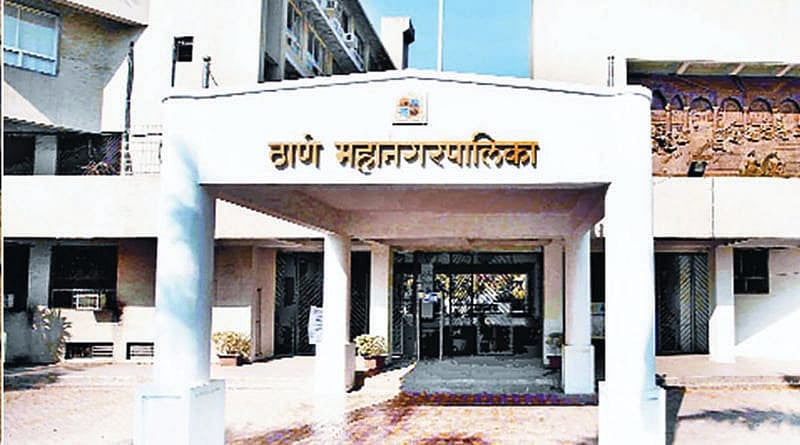I purchased a house in bank auction. Now I understand that the electricity is disconnected on account of overdue bills. When I applied for reconnection, I was asked to pay the previous bills. Is their stand valid?
Nirav Shahane, Lower Parel
Yes, the electricity company can recover the pending dues on the flat you purchased in auction. According to Regulation 12.5 of the MERC (Supply Code and SOP) Regulations, any charge for electricity that remains unpaid by a deceased consumer or the erstwhile owner or occupier of any premises, as the case may be, is considered as a charge on the premises transmitted to such legal representatives / successors-in-law or transferred to the new owner / occupier of the premises, as the case may be. The said charge is recoverable from such legal representatives or successors-in-law or new owner / occupier of the premises, as the case may be. Since you are the new owner of the flat, the electricity company is entitled to recover the dues of the previous owner from you.
As regards the process of bank auction, the property is auctioned on as is where is basis and a disclosure to that effect is generally mentioned in the terms and conditions. It is the responsibility of the bidder to do due diligence before submitting the bid.
The bye laws of our condominium clearly state that only the person whose name appears first in the share certificate is allowed to vote and to contest election to the board of managers. However, our president, treasurer, secretary and two other board managers were elected based on authority letters of the respective first-name owners. Is this permitted?
Dr Sunil Otiv, Pune
Condominiums are governed by the provisions of the Maharashtra Apartment Ownership Act, 1970. The administration of every property in the condominium is governed by bye laws accepted by the apartment owners. The bye laws should mandatorily provide the manner in which the election of members on the board of managers should be conducted. If the bye laws specify that only first joint owners of the apartment can contest the election and cast votes, then such condition is binding. Any deviation will amount to violation of the bye laws. The election of such managers will be tendered as invalid.
In case you wish to contest the election process and the violation of the bye laws, you may file a complaint with the registrar of cooperative societies, having additional responsibility to govern condominiums under the aforesaid Act. It would be necessary to amend the bye laws if your apartment owners wish to allow such persons to contest election and cast vote on the basis of authority letters.
What is corpus fund and when is the builder required to transfer the corpus fund to the society / members? Whether the builder can utilise this fund for claiming any outstanding maintenance charges from the members?
Ravindra Utpat, Pune
Corpus fund is an amount received or receivable by the society from the developer in lieu of surrendering its development rights of plot by way of registered document or contributed by members for any purpose as decided in the general meeting. Corpus fund may be utilised for the purposes as may be decided by the general body. It is given by the builder to the society on the basis of the commercial viability of the project and that there is no prescribed number or the time-line of payment. It is contractual and a matter of negotiation between the two parties.
There is no hard and fast rule about how much Corpus is to be paid or even in how many instalments, and when to be paid or to be adjusted against future maintenance bills. It varies on a case to case basis. The DA and the PAAA will contain these commercial terms, which will be binding upon both the parties.
The questions are answered by Sharmila Ranade, a legal expert associated with Mumbai Grahak Panchayat.
The questions, in brief, may be sent to fpjchs@gmail.com




